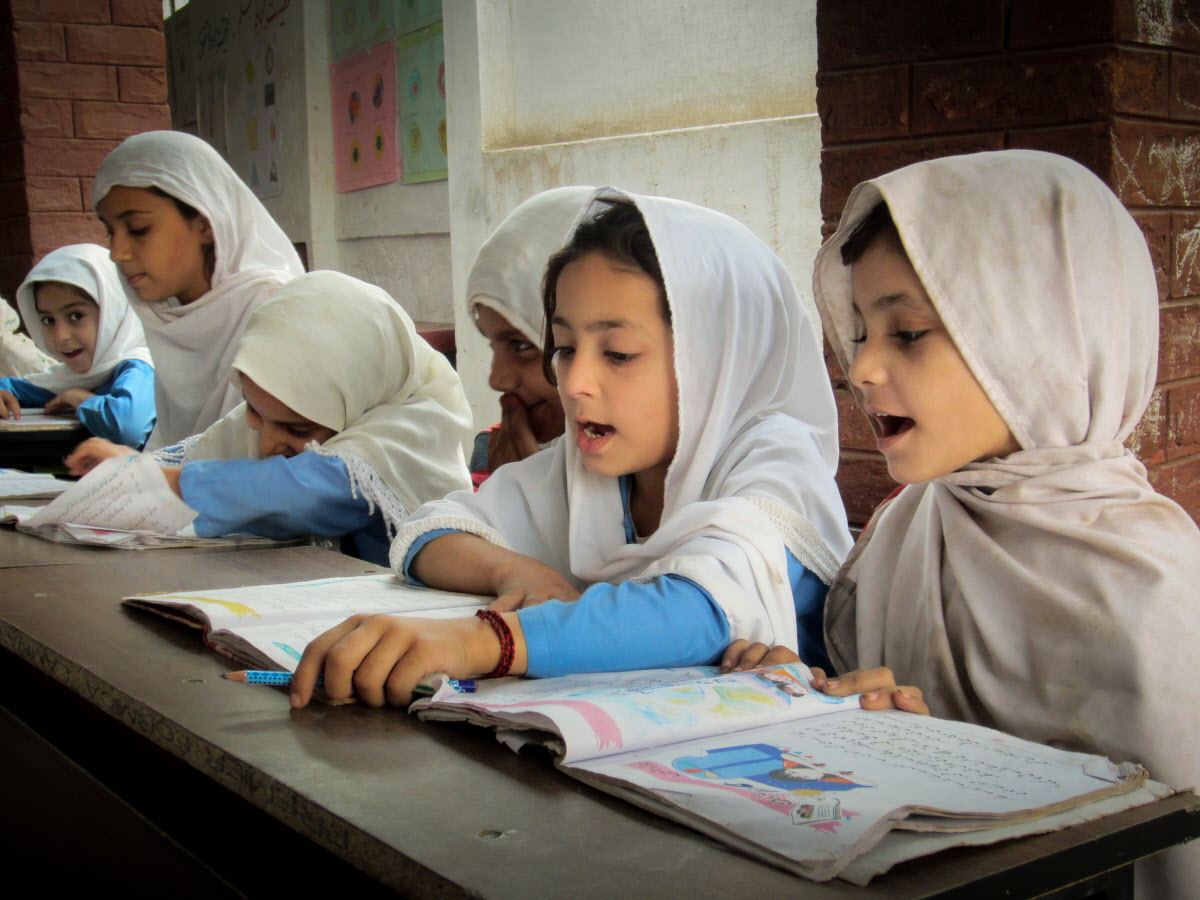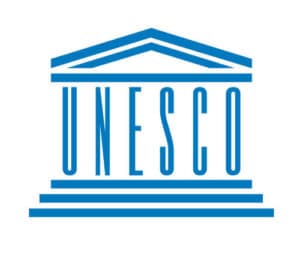
The United Nations Educational, Scientific and Cultural Organization (UNESCO) has announced the winners of 2017 edition of the UNESCO Prize for Girls’ and Women’s Education.
UNESCO Director-General Irina Bokova has announced the names of the two projects from Peru and Thailand recommended by an International Jury. In order to recognise their innovative and sustainable projects in advancing girls’ and women’s education.
 The Development and Education Programme for Daughters and Communities Centre in the Greater Mekong Sub-Region (DEPDC/GMS) of Thailand is awarded for its project entitled “Education and Life Skills Training Programme to Help Stateless Children and Women Migrating from Shan State to Thailand”.
The Development and Education Programme for Daughters and Communities Centre in the Greater Mekong Sub-Region (DEPDC/GMS) of Thailand is awarded for its project entitled “Education and Life Skills Training Programme to Help Stateless Children and Women Migrating from Shan State to Thailand”.
Under the project, migrant girls and women are being educated and provided skill training to protect them from the risks of human trafficking and sexual or labour exploitation. It also helps the girls and women in their rehabilitation who are victim of any such abuses. The project is a globally recognised model that can be replicated in the country and as well as anywhere in the world.
The second one is “Mobile MaCTec Bus Labs/Mini Academy of Science and Technology” project of Mini Academy of Science and Technology – MaCTec Peru. It is recommended for the award due to its efforts in reducing the gender gap among the girls of rural areas in the fields of Science, Technology, Engineering and Mathematics (STEM).
The project is scalable and has been developed in partnership with state authorities, private donors and the academic community. It can be replicated in other countries as well.
Each of the two organisations has received an award of $ 50,000 at an official ceremony held in Xiamen, People’s Republic of China, on 5 September 2017.
The UNESCO Prize for Girls’ and Women’s Education rewards innovative was established in 2015 by the UNESCO’s Executive Board. Funded by the Government of the People’s Republic of China, the prize was first awarded to projects from Indonesia and Zimbabwe in 2016.


















